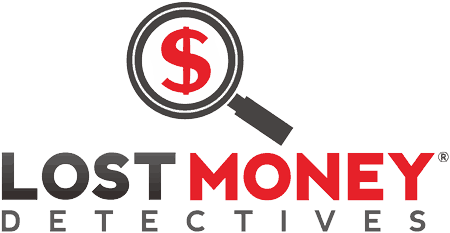Ottawa is sitting on a stockpile of more than $730 million in uncashed tax refunds and other government cheques, according to Public Works Canada
MONTREAL — Ottawa is sitting on a stockpile of more than $730 million in uncashed tax refunds and other government cheques, according to Public Works Canada.
Many Canadians eagerly await their pension, employment insurance and child-tax benefits, but the department says that 3.2 million cheques issued over the past five years have never been cashed for a variety of reasons such as cheques being lost, not delivered or recipients moving without registering a new address.
The largest amount held is $149 million in tax refunds owed to 338,000 recipients.
There are also more than 1.5 million cheques, worth a total of $420 million, that have remained unclaimed issued under various programs, including $40.1 million in Ontario Trillium Benefit/Ontario Sales Tax credits and $32 million in British Columbia Low Income Climate Action Tax credits. The Receiver General for Canada issues payments for almost 30 programs on behalf of all provincial governments except Manitoba.
Other outstanding payments include:
— $41 million for the Canada Pension Plan program. — $5.1 million for Employment Insurance. — $92.6 million in GST/HST credits to nearly one million recipients. — $22.6 million in Canada Child Tax Benefits.
Ottawa isn’t alone. Ontario’s ministries of finance and health and long-term care, for example, have a $67 million reserve of outstanding cheques.
The federal stash of uncashed cheques, which never expire, is in addition to nearly $1 billion worth of dormant bank accounts and Canada savings and pension bonds being held by the Bank of Canada.
But unlike the central bank’s unclaimed property, taxpayers can’t type their name into a website to discover whether they are eligible for a claim.
Consumer advocates are pushing legislation from the Ottawa and the provincial governments that would make it easier to claim their property, an improvement over a process that requires Canadians to call each department responsible for issuing the cheque to begin the hunt for their money.
“It’s not rocket science,” said Brenda Potter Phelan, an accountant who runs the website and blog Legacy Tracker. “This is 2014. My goodness, why are we not using technology?”
Public Works said each federal department receives a semi-annual outstanding payment report, related to their programs, for follow up with payment recipients “as required.” Efforts are made to contact the recipient of uncashed cheques to confirm their address or banking information, he said.
Marcel Poulin, spokesman for Public Works Minister Diane Finley, said the minister has instructed officials to “examine options to help Canadians receive the payments the Government of Canada owes them.”
Darren Jack, chairman of the Unclaimed Property Professionals Organization, a non-profit group that educates holders of unclaimed property and companies that provide services finding assets, said Ms Finley’s response is encouraging.
“I’d like to see something implemented fairly quickly and also very transparently so it’s easy to use,” said Jack, who is also the managing Director at Impact 360 Degrees Inc., an Ontario based company that helps find missing assets.
The degree of government openness varies across North America. Some state governments in the U.S. go to the extent of attending county fairs armed with names of people who haven’t claimed their property.
Canada lags other developed countries, but Jack hopes Ottawa and the provinces will move to help Canadians gain access to billions of dollars worth of assets. Currently, only Quebec, Alberta and British Columbia have unclaimed property legislation and online searches.
Jack said the five-year figures provided by Public Works Canada suggests that the total amount of money being held by the federal government is likely worth about $2 billion.
“The perception is some governments take that as basically another tax grab when they aren’t really proactively putting systems in place for people to find and recover their money.”
Even if a online database is created, experience in other jurisdictions suggests that less than half the money will ever be claimed, he said. That’s because the unclaimed property often belongs to people who have died, involves small individual amounts or records are incomplete.
The government is encouraging Canadians to register for direct deposits at www.directdeposit.gc.ca so payments are automatically transferred to the recipient’s bank account and it plans to phase out issuing cheques, including all pension payments, by April 2016.
That should help to reduce the number of future uncashed cheques but won’t clear up the backlog, both experts said.

